|
Budyeri Gamaruwa – greetings in Gadigal. I acknowledge elders, past and present, and all First Nations people here. For before these steps on which we stand existed, this was Aboriginal land. It is, and always will be, Aboriginal land. For true identity, love and self-determination are not ceded by the oppressions of others. That is at the heart of our simple act of solidarity today.
My name is Josephine McDonnell Inkpin. I am a transgender woman and a queer person of faith. including being Minister here at Pitt Street Uniting Church. So I thank you all for coming this morning. For gender diverse people and queer people of faith are very vulnerable right now. We are not surprised by current attacks. In fact, we trans people have been warning about them for ages, but typically our concerns have given little priority -– just as our calls not to issue a visa to an UK rabble-rouser could have helped avoid Nazis on the streets of Melbourne and feeding right wing forces across the country. Similarly, we queer Christians have called for our voices to be heard properly but, with notable exceptions, many key Christian leaders and some queer people have given little priority to our concerns – just as our calls to help us address the now visible Christian Right in Sydney could have helped avoid the violence on Sydney streets. This - must – change: both for the sake of trans people and queer people of faith and for us all. For an attack on any of us is an attack on all of us. Our attackers think that trans people and queer Christians are easy and weak targets. Well, we are so not weak in spirit, but we are not as strong we could be if we had greater voice and empowerment. This simple solidarity photograph is therefore a declaration of that intent...
0 Comments
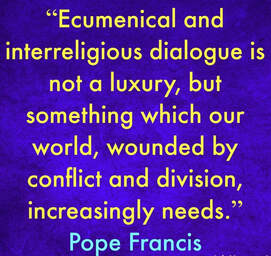 an introductory reflection offered to a recent NSW Ecumenical Council discussion by Josephine Inkpin Firstly let me acknowledge country – in particular the land of the Gadigal people of the Eora nation on which I live: their elders past, present and emerging. I also acknowledge all First Nations people here. I do so as right and proper. I also do so as this immediately focuses our discussions. For I live in a suburb (Forest Lodge) named after the house of Ambrose Foss, one of Pitt Street Uniting Church’s distinguished early founders. Next door is the suburb of Glebe: a name also witnessing to Christianity’s role in the dispossession of First Nations peoples. Such naming highlights how so many of our conventional expectations and faith stories are tied up with power. This lies at the heart of many divisions, embedded in our ways of thinking and being. Thanks be for God’s grace, these things are not intractable. Yet, without at least naming them, we will not go far in addressing the polarisation they help cause... I am delighted by friends and colleagues who have been working on a project for May-June 2021 entilted From Biscuits to Bishop: Changing women, changing church - A celebration of Anglican women’s history in Brisbane Diocese. From Biscuits to Bishop is a multimedia exhibition celebrating Anglican women . The digital exhibition, to be launched in mid-2021, will be complemented by a display of objects and memorabilia in St John’s Cathedral Brisbane...
It was a delight recently to read the Revd Glenn Loughrey's latest book On Being Blackfella's Young Fella and to contribute to our diocesan Reconciliation Action Plan Working discussions to highlight this valuable work. For the four contributions (including Aunty Sandra King OAM - as pictured above) check out the article in. Anglican Focus here. Still better do get a copy of the book and share it with others. Here below is my own reflection on one particular chapter...
One of the most life-giving parts of my ministry in Toowoomba was the installation of the Reconciliation Cross in St Luke's Anglican Church. Created by renowned Aboriginal artist Uncle Colin Isaacs, as a gift from Heather Johnston (a descendant of one of the original European settlers), this commemorates the great Aboriginal leader Multuggerah, the Battle of One Tree Hill, and Aboriginal resistance to invasion and dispossession. It was overseen with the guidance and leadership of the late Uncle Darby McCarthy and other local elders, with particularly notable support from Mark Copland (from the Social Justice Unit of the Catholic diocese of Toowoomba). It represents a vital visible step in Australian Reconciliation, affirming a continuing journey for recognition and justice. For, in these days of #BlackLIvesMatter and questions about 'white' history and memorials, it offers a tangible example of what can be done to renew our histories and nurture new symbolism and focal points for a better future together. In my view, as both an historian and a priest, it is undoubtedly appropriate that some, more offensive, statues and other historical artefacts are replaced and/or re-used in new ways. Others might have constructive adaptations or additions made. Both of these courses have indeed been employed, on church owned sites, as part of Church practice in addressing the legacy of, and memorials, to child abusers, and those who have colluded with them. Much much more important however is addressing living injustices and forging new pathways. Reclaiming Australia's 'black history' is a crucial aspect of this and Toowoomba's Reconciliation Cross is a living symbol.. It is therefore a cause of thanksgiving that it is placed in the centre of Toowoomba, in one of its oldest and most significant spiritual buildings, available for anyone to visit, to ponder and to encourage the next urgent steps in the journey of justice and healing...
Among other things, the killing of George Floyd in the USA has raised big issues about racism, in Australia as well as the USA, and elsewhere. Here are just three reflections by Aboriginal Christian leaders which raise the profound challenges to those of us who are white and continue to benefit from the systemic violence of our society. At the end of this Reconciliation Week they are particularly important to hear, and act upon...
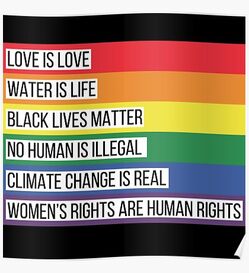 One of the reasons I was happy to be part of the trans faith film Faithfully Me (premiered tonight) was film maker Rachel Lane's track record of assisting in sharing the voices of other typically marginalised groups, not least Aboriginal ones. For one of the challenging invitations of our time is nurturing intersectional relationships which enable justice and fullness of life for all - for too many, otherwise very necessary, 'identity' struggles are weakened by restricted commitments and groups which tend only to include their own kind. Over the years, many Aboriginal & Torres Strait Islander leaders have pointed me to a better way, supporting the needs and hopes of others even, at a cost, when their own are so outstanding. We 'progressive' white folk haven't always reciprocated well. Here, below, is a little excerpt from Secret & Sacred, an example of Rachel's earlier work, a glimpse of the deep wisdom of the Badjatala people (whitefella Hervey Bay & Fraser (K'Gari) Island region), but a snippet of the neglected ancient but very much living wisdom of this land. With particular thanks to Glenn Loughrey and Dianne Langham, Canon Bruce Boase, and Aunty Rose Elu for their continuing personal inspiration to me in sharing solidarity - and to other friends, like Tony Robertson and Johnny Valkyrie, who respond so beautifully and model how the liberation of any of us is entwined with the liberation of us all. This is so absolutely contrary to today's right-wing 'religious freedom' push, and central to authentic catholic faith, as so powerfully expressed in John Donne's Meditation 17: for the bells which toll, toll for us all. The chimes of freedom - human rights and flourishing - are indivisible - so let's ring out our different bells in a harmony of joy :-) 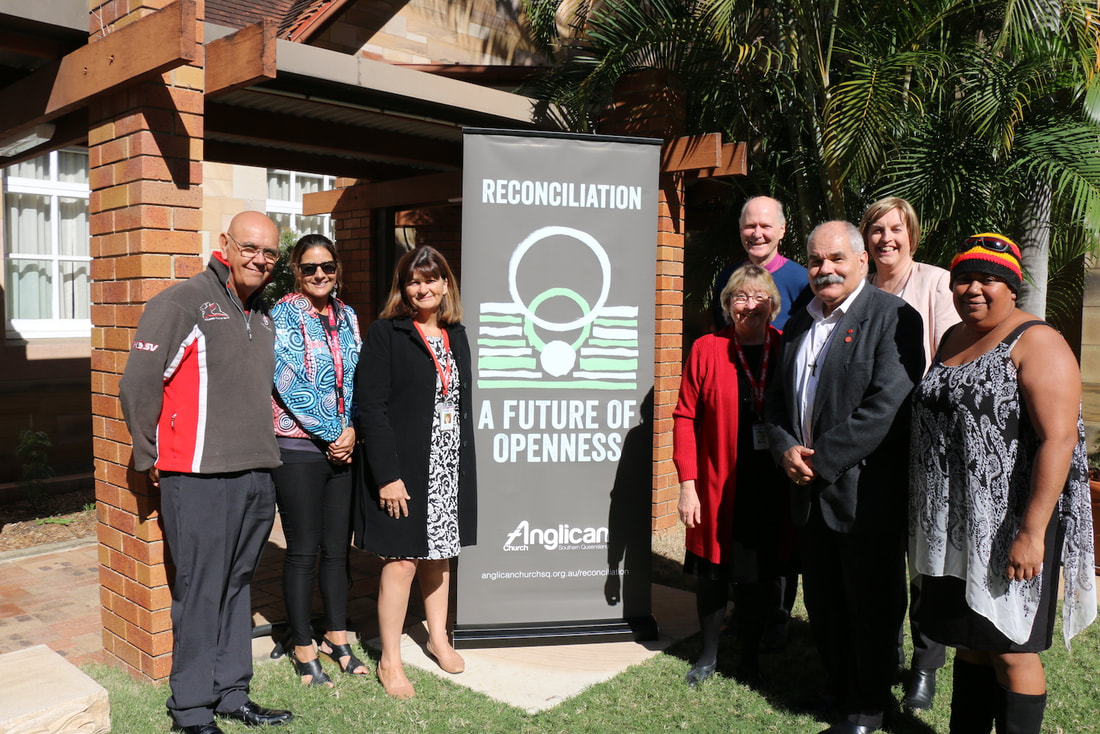 representatives of different parts of the ACSQ family at the keynote recent diocesan RAP gathering in Reconciliation Week 2018 representatives of different parts of the ACSQ family at the keynote recent diocesan RAP gathering in Reconciliation Week 2018 One more step along the road we go. For it is 6 years, almost to the day, since I successfully proposed a diocesan Synod motion for the Anglican Church Southern Queensland to explore a Reconciliation Action Plan (RAP), inspired by the work done by the Toowoomba Catholic diocese. I was reminded of this this afternoon as I took part in filming Reconciliation stories with Anglicare Southern Queensland and other diocesan colleagues as part of a new and developing Anglicare Reconciliation project. It has certainly been a sometimes frustrating, but also, above all, deeply enriching journey for me personally. For - from Cunnamulla to Buderim, through Toowoomba, the Gold Coast, and Brisbane - I have walked, yarned and worked with all kinds of people, from all kinds of different spaces and with all kinds of different stories. So it was lovely to share today in bringing some of this together, in immediate advance of NAIDOC Week, in order to enable fresh steps ahead with many more people. The RAP, is, and always was and will be, an ambitious project - seeking to work together over such a large and diverse area, with all sections of the diocesan family - and there is so much more to do, but today was an example of how rewarding this can be. Oscar Romero, the great El Salvadorean archbishop and martyr, observed that the task of the Church in every generation is to make of that country’s history a history of salvation. This has always struck me strongly and I’ve been pondering it in relation to ANZAC Day and St George’s Day (the English national day) this week. As a saint, Oscar Romero’s feast day also falls appropriately between those two dates and challenges us to relate our national histories to that of Israel as described in the Bible. What can we learn?...
It was such a joy on this day of Resurrection to meet the recently new born Leo today in the Special Care Baby Unit at the Royal Brisbane & Women's Hospital and to share Easter communion with his wonderful parents. Leo was born prematurely but is thriving with loving care and is a delightful gift to our St Francis College and Milton Anglican community as well as to family and friends. We hold Leo in our prayers and look forward to his coming home. In his beautiful fragility and hopeful promise he already however offers us spiritual insight and connection. Indeed, one of the lovely aspects of his beginnings is the moving Aboriginal artwork at the entry to Special Care. This centres on the kookaburra, a Christ-like symbolic announcer of new creation, and offers ancestral spiritual wisdom. For, in the words of the Aboriginal artist Tracy McGregor:
the kookaburra spreads the news of a new baby created... the baby will then be part of a spiritual family connection that treasures the ground they walk on, allowing the child to grow with strength and wisdom like their ancestors... Our youth is now part of our future and they will travel on a journey that will be filled with all the knowledge and guidance that allows them to unite with the land and the people. This is the magical journey of life. This morning, on this April Fool's Day, we Milton Anglicans also pondered the laughter of God's Resurrection. Leo is a gorgeous sign of this. No wonder the kookaburra laughs. |
AuthorJo Inkpin is an Anglican priest serving as Minister of Pitt St Uniting Church in Sydney, a trans woman, theologian & justice activist. These are some of my reflections on life, spirit, and the search for peace, justice & sustainable creation. Archives
July 2024
Categories
All
|
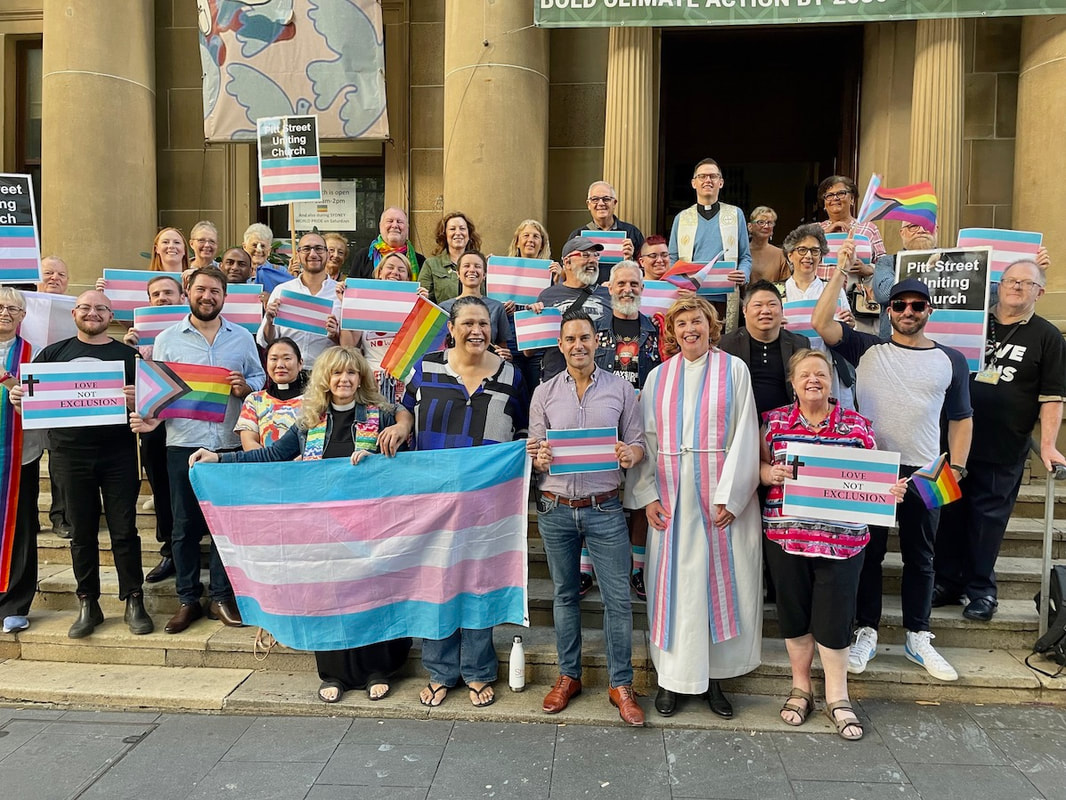
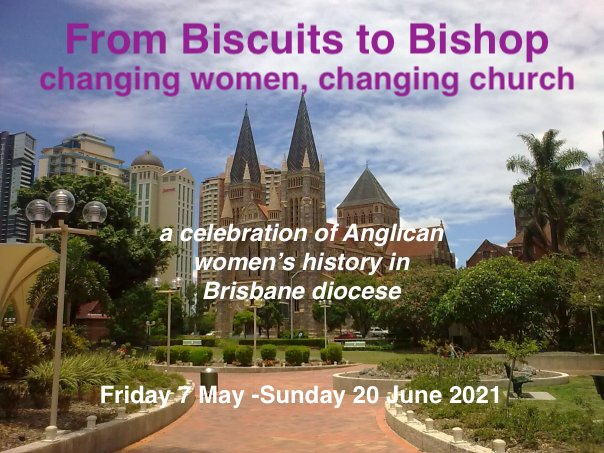
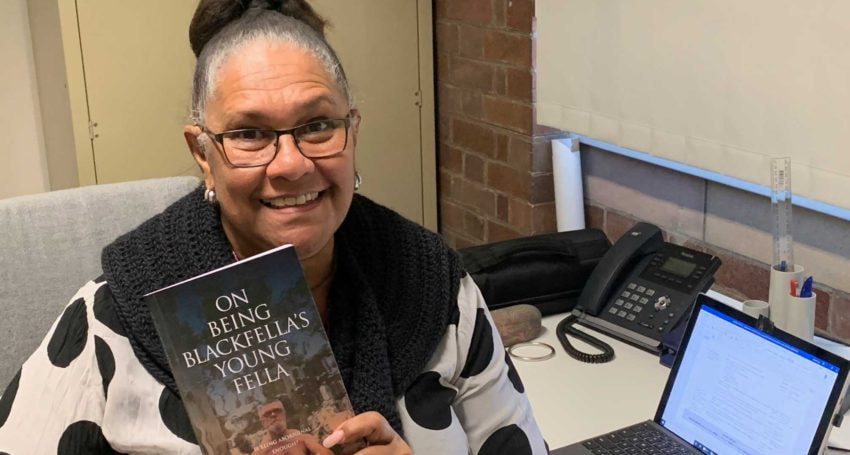
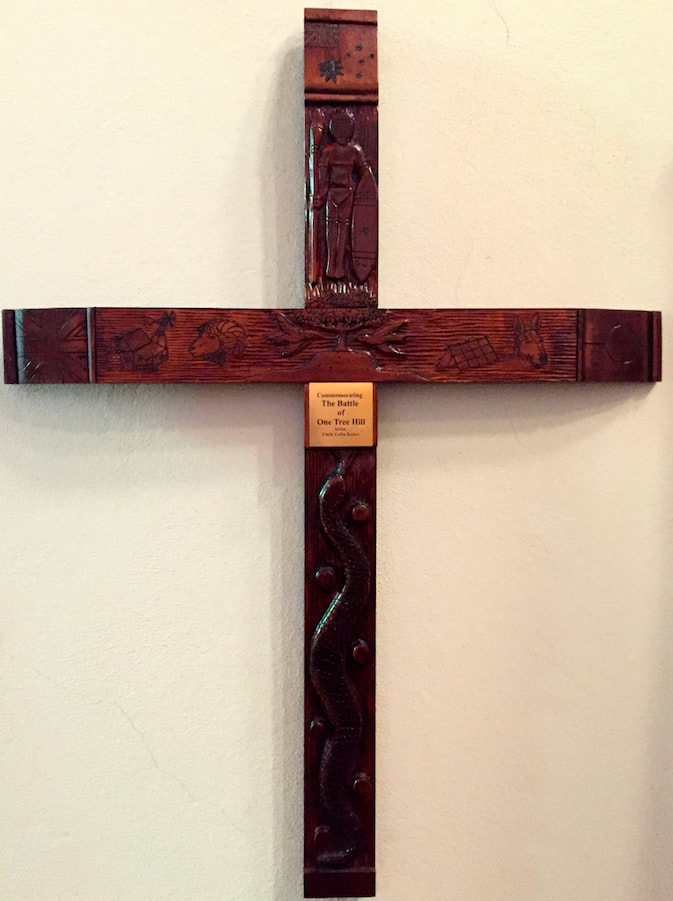
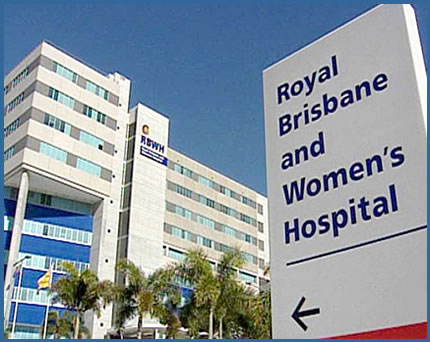
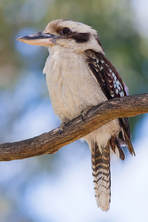
 RSS Feed
RSS Feed